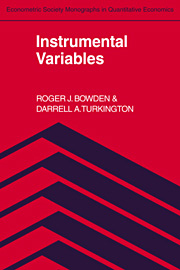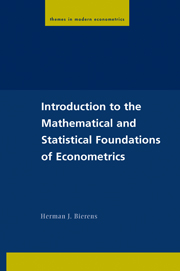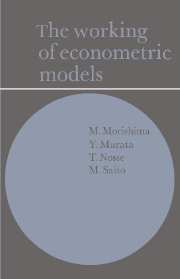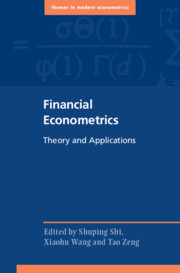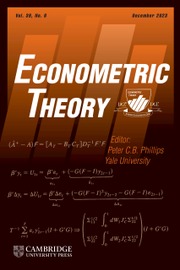Statistical Games and Human Affairs
This book was first published in 1989. Inference and prediction in human affairs are characterised by a cognitive and reactive sample space, the elements of which are aware both of the statistician and of each other. It is therefore not surprising that methodologies borrowed from classical statistics and the physical sciences have yielded disappointingly few lasting empirical insights and have sometimes failed in predictive mode. This book puts the underlying methodology of socioeconomic statistics on a firmer footing by placing it within the ambit of inferential and predictive games. It covers such problems as learning, publication, non-response, strategic response, the nature and possibility of rational expectations, time inconsistency, intrinsic nonstationarity, and the existence of probabilities. Ideas are introduced such as real-time survey schemes, argument instability and reaction-proof forecasting based on stochastic approximation. Applications are canvassed to such topics as attitude measurement, political polling, econometric modelling under heterogeneous information, and the forecasting of hallmark events.
Product details
November 2009Paperback
9780521123419
296 pages
229 × 152 × 17 mm
0.44kg
Available
Table of Contents
- Preface
- 1. The reactive sample space
- 2. Response and social information
- 3. Response and strategic behavior
- 4. Publication and the political economy of prediction
- 5. Rational expectations and socioeconomic modeling
- 6. Games, beauty contests, and equilibrium: the foundations of structural invariance
- 7. Disequilibrium and noncooperative expectational games
- 8. The view from within
- References
- Index.


